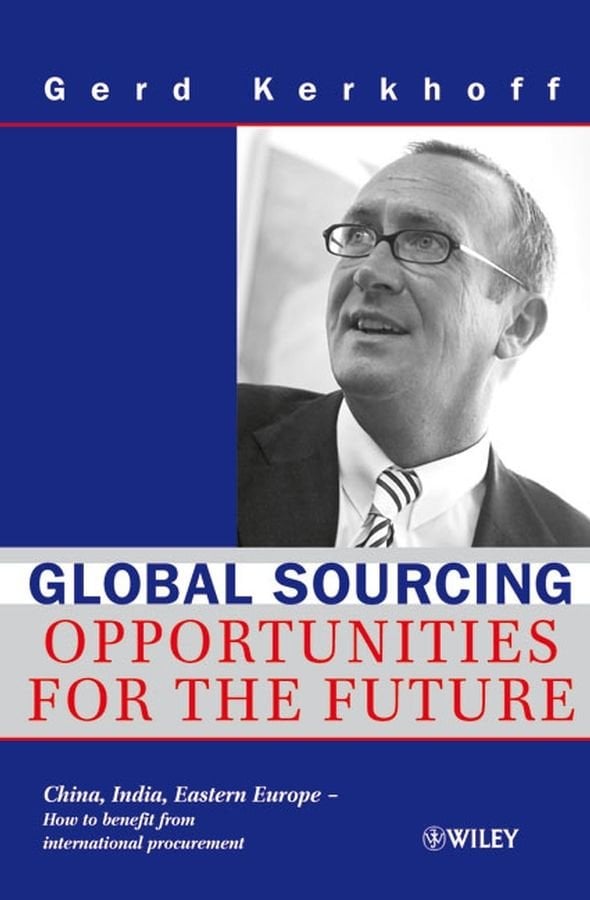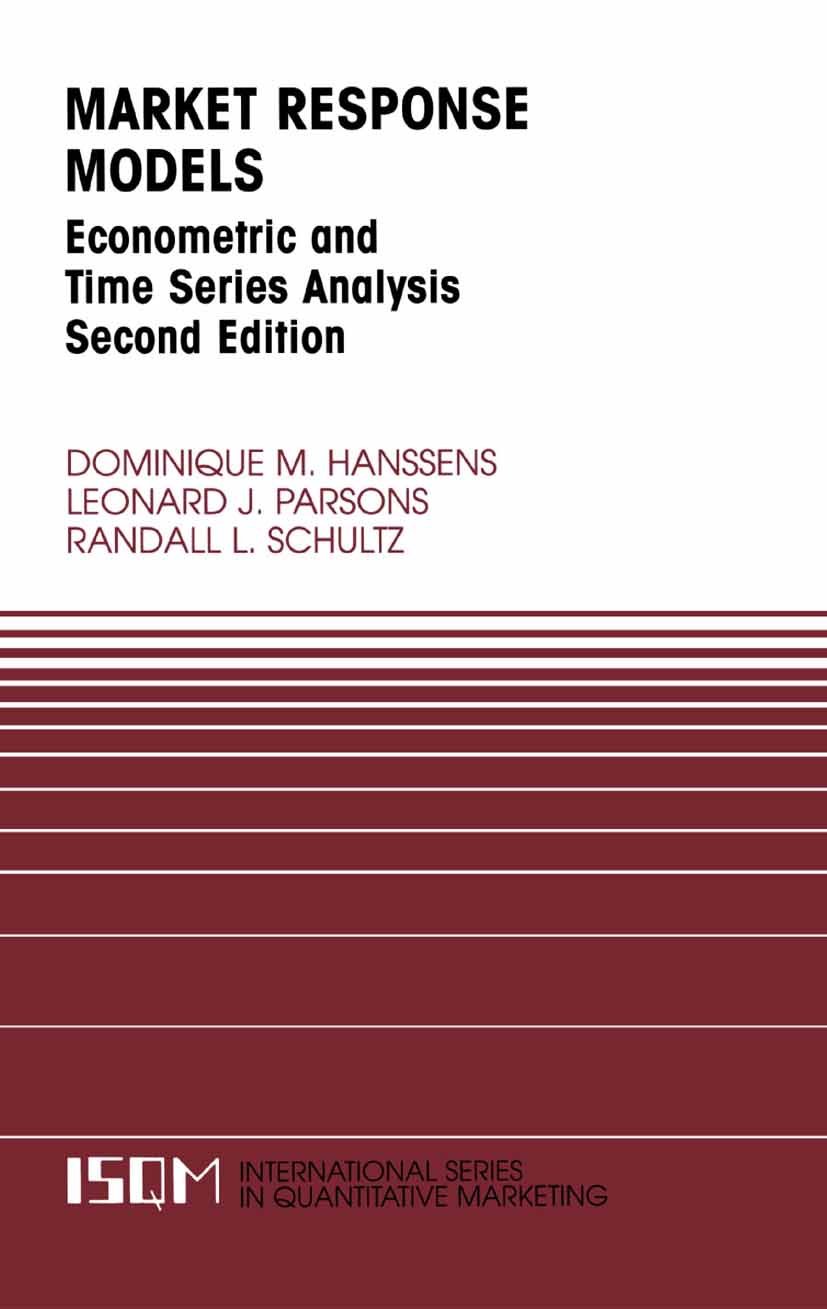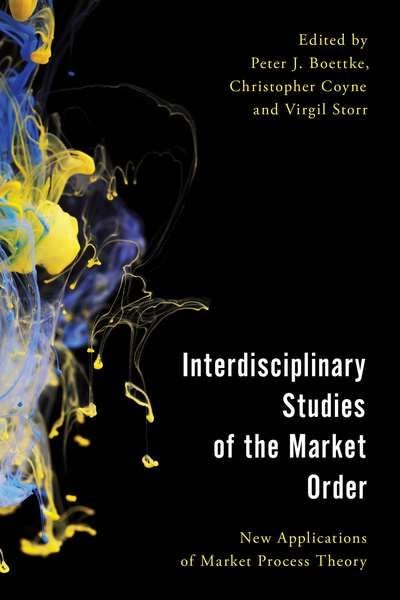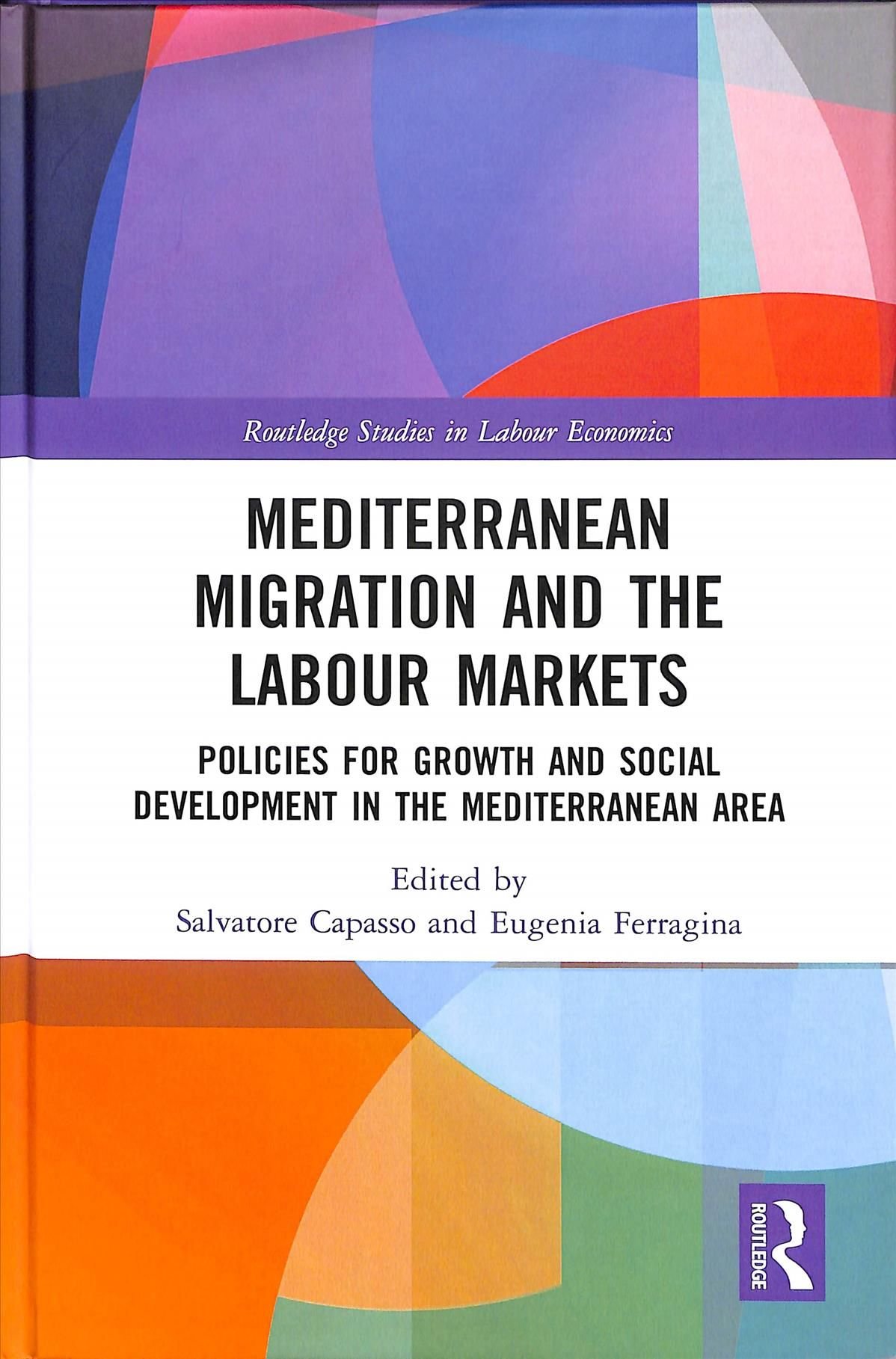In a modern economy, production and competition require internal interaction of individuals in firms. The book provides a systematic treatment of the macroeconomic consequenses of this fact. For this purpose the concept of a two-stage monopolistic competition equilibrium is introduced into macroeconomic theory. Firms choose the capacity to organize internal interaction at stage 1 and compete at stage 2. The concept allows a rigorous analysis of the provision of work places and the economic determinants of the employable work force. The book explains why in the equilibrium of a market economy, even under flexible wages, no jobs may be provided for people who are employable from an efficiency point of view. The economic determinants of equilibrium employment covered by the analysis of the book are: New forms of work organization, changes in the skill structure of the labor force, market power of key factors for organization, expectations of investors and international capital movements.












